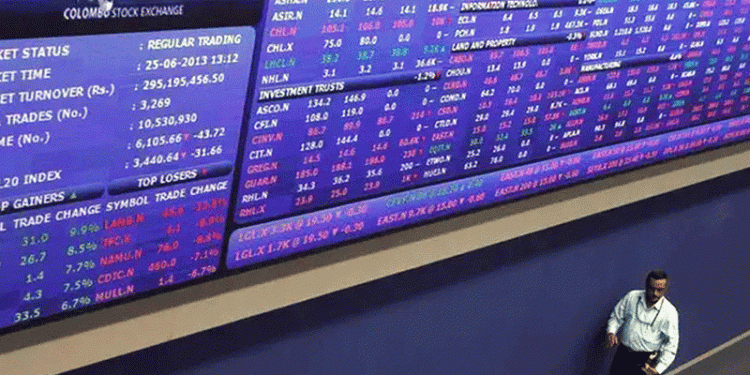TOKYO (Reuters) – Japanese consumer prices rose 1.3 percent in the year to December when stripping away energy and fresh food costs, a new indicator released by the Bank of Japan showed on Friday.
That was more than a 1.2 percent annual increase in November.
The BOJ currently uses the government’s core CPI, which excludes fresh food but includes energy costs, as its key price measurement in guiding monetary policy. That index rose 0.1 percent in the year to December, data released earlier on Friday showed.
With core CPI now stagnant due largely to slumping oil prices, the central bank has begun internally calculating a new index that shows inflation exceeding 1 percent in the past few months. That index strips away volatile fresh food and energy costs but includes processed and imported food prices, which are rising.
The BOJ releases the index each month on the day the government publishes its price data.
Earlier on Friday, the BOJ stunned investors by unexpectedly lowering a benchmark interest rate into negative territory to shield a sluggish economy and fragile sentiment from slowing global growth and volatile financial markets.
(Reporting by Stanley White; Editing by Sam Holmes)


























